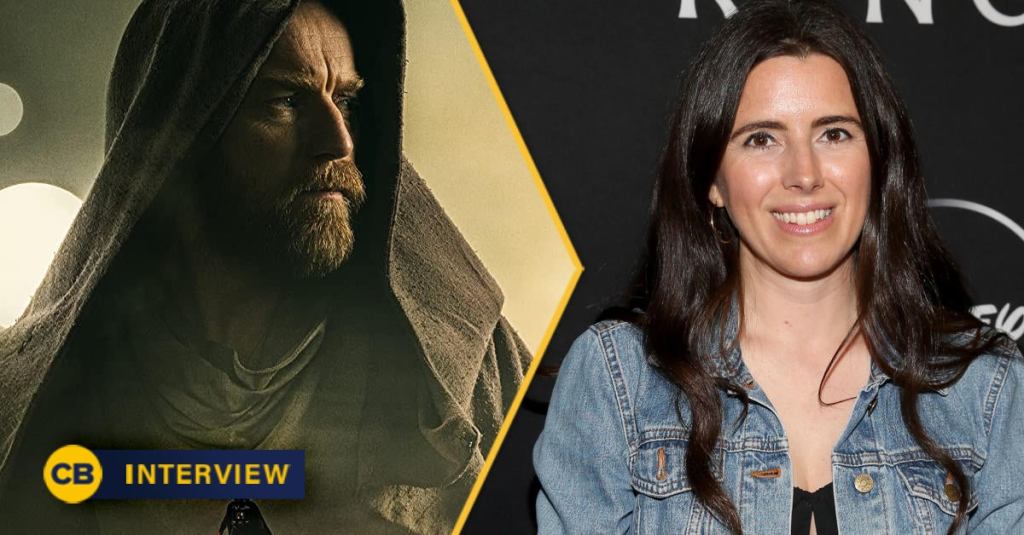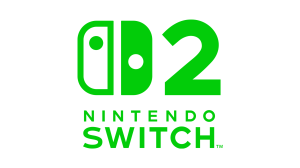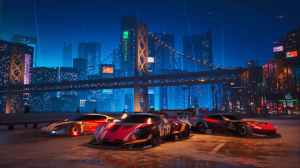Star Wars: Obi-Wan Kenobi graced our television screens earlier this year, with the Disney+ series finally bringing to life a solo story for Obi-Wan Kenobi (Ewan McGregor). The series was chock-full of elements that left fans buzzing, including the series’ score, which was composed and brought to life by Natalie Holt. Holt already developed a legion of fans in 2021 from her inventive (and now, Emmy-nominated) work on another Disney+ series, the first season of Marvel’s Loki. But her work on Obi-Wan Kenobi was easily among the highlights of its six episodes, blending classic Star Wars musical tropes with a unique and emotional flair.
Videos by ComicBook.com
In celebration of Obi-Wan Kenobi‘s recent series finale, ComicBook.com chatted with Holt about her epic and reverential work on the series. We also spoke about her work on the recently-released Hulu film The Princess, her work on DC’s upcoming Batgirl movie, and so much more!

Pressure
ComicBook.com: I was reading other interviews where you spoke about being a Star Wars fan long before being on this show. Did that add any sort of extra pressure or expectations going into working on Obi-Wan Kenobi?
Natalie Holt: Yeah, definitely, because there’s like a house style with Lucasfilm that’s so beloved by the fans. So you just feel this huge responsibility to do it justice. And also, because it’s in your head, it’s this thing that you remember having an amazing score. So yeah, I did feel a lot of pressure when I landed the job.
John Williams
What was it like working alongside John Williams’ theme for the show? How did that influence your creative process?
It basically just set the tone for me, in terms of the orchestra that he used. We kind of used the same orchestra, and that kind of harmonic palette, I guess. Once he came on board and did that, it just kind of made it clear that I needed to be leading into that. And also, he let us use his original themes in Episode #6, so I knew that we were building up to that place as well. [That] very much inspired and led what I was doing.
But the director, Deborah Chow, wanted to do something a little bit more spare and emotional, in terms of internalizing how Obi is feeling and his emotional throughline. And also, she wanted a visceral sense of Vader and his rage. I think she wanted something a little bit more subconscious than the traditional, big theme that you usually get from Star Wars.
Duel of the Fates
Prior to the show, it feels like the music cue that was most associated with Obi Wan was “Duel of the Fates”, and I feel like your score takes the elements of that in such a really interesting way. How much did that influence and make it into the score?
I mean, I love “Duel of the Fates.” I just think it’s such a powerful piece. I knew we weren’t using it, but I guess there were those choral elements where Reva is chasing Luke into the desert. I definitely used some of the same chords, and kind of driving string rhythms that you get in “Duel of the Fates.” So I definitely was inspired by it.
I just also loved developing Leia’s theme, and then hearing her adult theme in Episode #6 and just [feeling] like we’ve taken her through this journey and through this story. She’s gone from being this sassy kid [who is] carefree [and] running through the forest climbing trees, to more emotionally mature and on her way to becoming the Princess Leia that we know in A New Hope.
Leia
I did want to ask about Leia’s theme, because that is one of the biggest highlights of the show and of the score. So, how did it feel to build on the musical journey of Leia, and how iconic she’s been over the years?
It just felt like an enormous responsibility, because she’s such an awesome character. Everyone wanted to just make sure… “It shouldn’t be too cute. It shouldn’t be too Disney princess.” That was the note from Kathleen Kennedy: “We don’t want to feel like she’s twee in any way.” So there were lots of versions, going back and forth for that.
Obi-Wan vs. Loki
How was the experience of working on Obi-Wan Kenobi versus Loki?
I guess… Loki didn’t have any music [already] associated with it, particularly. The character didn’t have his own kind of distinctive theme. And also I feel like the music in Marvel isn’t such a kind of house style. People are more used to just like, “Oh, there’s this one and this one and…” Mark Mothersbaugh and Alan Silvestri wrote very different Marvel scores and everyone just kind of accepts more [variety]. So I guess I didn’t feel that enormous pressure when I landed the job, of needing to fit into an amazing musical style, [like what] John Williams had set up. So that was just a huge pressure, because I’m such a big John Williams fan as well.
And the world of Loki was just very different. I talked to Kate Herron, the director, about using lots of different instruments. We were speaking about the Golden Record, that kind of thing that got sent into space as a space probe, to communicate with aliens what the human race was, that just had like all music from across time, and also just from all the regions in the world. That’s what we need to encompass with Loki. It’s just all of time and the TVA. So it just meant we could throw more musical ideas, I suppose, and musical textures and genres into the melting pot. That was so different, whereas Obi was more like scoring an emotional journey.
Surprise
What would you say is the most surprising part of the experience of working on Obi-Wan Kenobi?
For me, personally, I just couldn’t believe I landed the job. I couldn’t believe John Williams was working with it. I look at the thing and it’s like, “I’ve written a show with John Williams.” I think that’s the most surprising part of the job, that it actually happened.
Fan Response
What has it been like to see the fan response for Obi-Wan Kenobi?
I understand, I’m sure people wish that John Williams had just scored the whole show, because it is the heritage characters. and I’m sure you’re never going to please everyone. I think probably the same with [The Mandalorian‘s] Ludwig [Göransson], going totally off base with Mandalorian. Some people love it. People are going to have their opinions about it, and I feel like we did our very best to bring a bit of modernity to The Inquisitor and Reva and the newer characters. And then, also, just be leading to a place that was more John Williams.
I’ve kind of come off Twitter. I don’t really look at it too much, because I think you can kind of get drawn into people’s opinions, and it’s a bit of a dark world if you go down that avenue.
The Princess
I did want to ask about The Princess, because that seems like such a cool project as well. What was the experience of scoring that like for you?
It was pretty full on, because I was scoring that in the autumn and then Obi came along. So there was a bit of crossover at the beginning there, but they were such different projects. And The Princess, working with [director Le-Van] Kit was really cool, and just very fast-paced action, and just also throwing lots of electric guitars and medieval instruments into the mix. Yeah, that was quite fun. A fun, wacky project.
Batgirl
I’m a Batgrl super fan, and I cheered when it was announced that you were joining the movie project. I know you can’t say a whole lot, but — what drew you to wanting to be part of Barbara Gordon’s story?
I mean, it’s so cool. Like 1989 Batman is one of my favorites, and the fact that Michael Keaton is in it is just super exciting. I just spoke to Adil [el Arbi] and Bilall [Fallah], the directors, and they have just massive, masses of energy and enthusiasm, and they really like Loki. They contacted me after Loki aired, and just said, “We’ve got this project we’d love you to read.” And it just led on from there. But yeah, it’s been fun.








